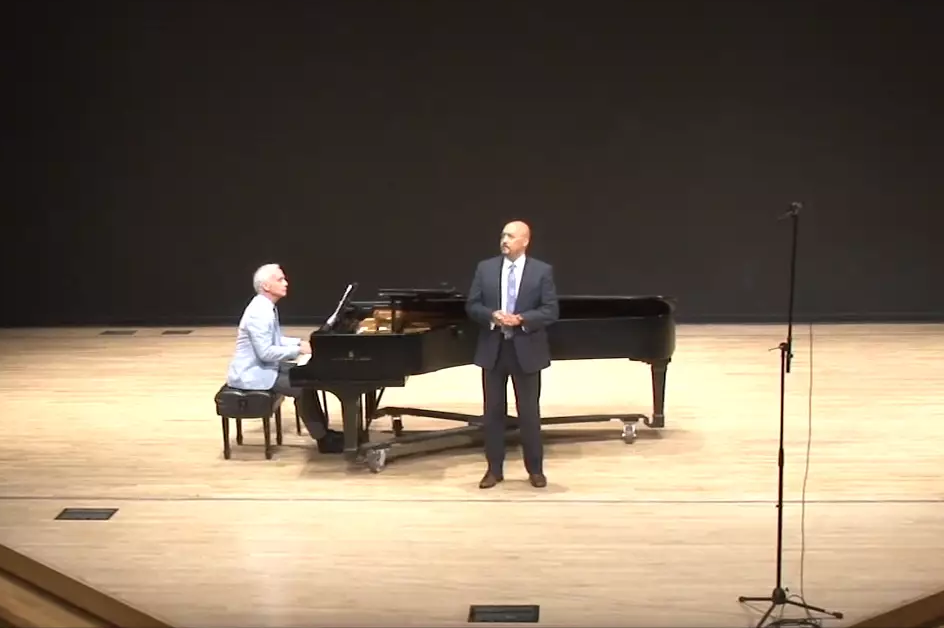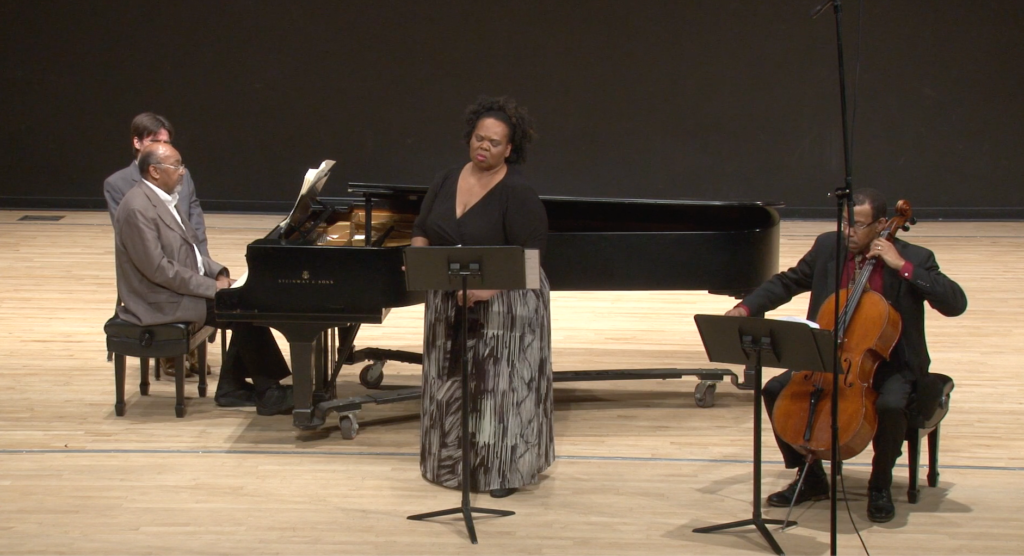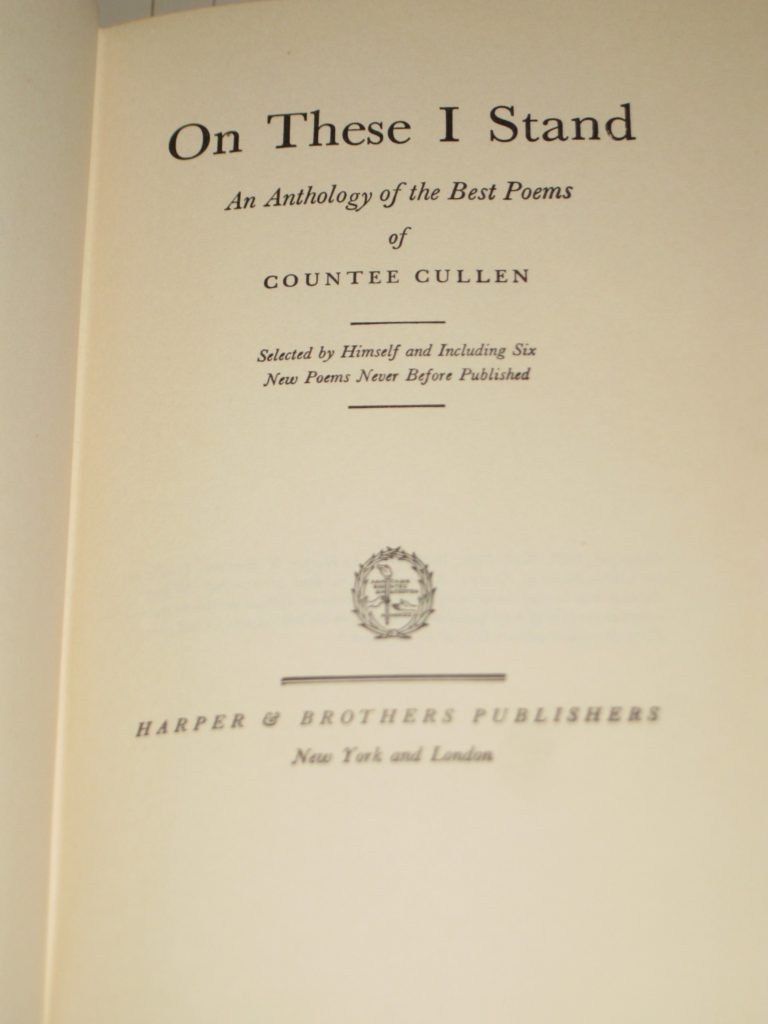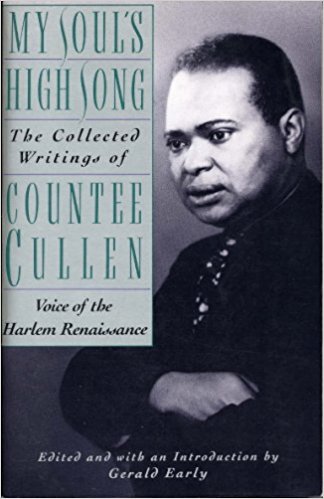Listen
Track:
About
Cullen’s exact birthplace is unknown, but in 1918, at the age of 15, Countee LeRoy was adopted by Reverend Frederick A. Cullen, the minster to the largest church congregation in Harlem.
Cullen kept his finger on the pulse of Harlem during the 1920s while he attended New York University and then a graduate program at Harvard. His poetry became popular during his student years, especially his prize-winning poem “The Ballad of a Brown Girl.” In 1925, he published his first volume of poetry entitled Color. Within the next few years, Cullen became well-known, publishing several books and winning a Guggenheim Fellowship in 1928 (to write poetry in France).
At first, Cullen was critical of Langston Hughes’ poetry, writing that, in using jazz rhythms in his poetry, Hughes was erecting barriers between race instead of removing them. In his own poetry, Cullen sought to erase these boundaries and took traditionalist poets, such as Keats and A.E. Housman, as models for his own poetry. However, despite his criticisms of other black poets, the majority of Cullen’s own verses confront racial issues.
By the 1930s, Cullen’s influence had waned, though he continued to publish prolifically, including novels, a collection of poems for children, the autobiography of his cat, and an adaption of his novel God Sends Sunday into a Broadway musical.
–Christie Finn
Source: Poetry Foundation website
Related Information
Songs
A Brown Girl Dead
Lori Laitman
Countee Cullen
Song Collection: Sable Pride
Climbing: Poems by African-Americans
Song CollectionTom Cipullo
Countee Cullen
Paul Laurence Dunbar
Robert Hayden
Langston Hughes
Phillis Wheatley
From the Dark Tower
Dorothy Rudd Moore
Countee Cullen
Song Collection: From the Dark Tower
If You Should Go
William Grant Still
Countee Cullen
Song Collection: Songs of Separation
Incident
Tom Cipullo
Countee Cullen
Song Collection: Climbing: Poems by African-Americans
Incident
Lori Laitman
Lament
George Walker
Countee Cullen
Sable Pride
Song CollectionLori Laitman
Countee Cullen
Songs of Separation
Song CollectionWilliam Grant Still
Arna Bontemps
Paul Laurence Dunbar
Countee Cullen
Langston Hughes
To a Brown Girl Dead
Margaret Bonds
Countee Cullen
Tableau
Lori Laitman
Countee Cullen
Song Collection: Sable Pride
To a Poet
Dorothy Rudd Moore
Countee Cullen
Song Collection: From the Dark Tower
Yet Do I Marvel
Tom Cipullo
Countee Cullen
Song Collection: Climbing: Poems by African-Americans
Yet Do I Marvel
Adolphus C. Hailstork
Countee Cullen





